Filter
keyboard_arrow_up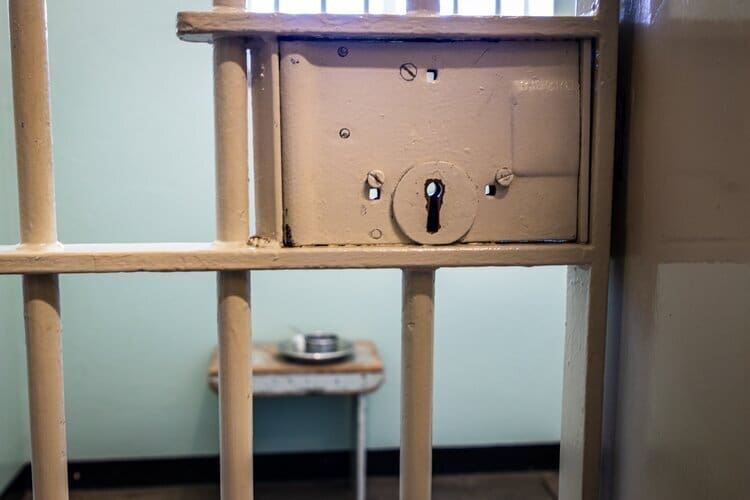
Explainer: Solitary Confinement of people in prison
Solitary confinement is a cruel practice that causes irreparable harm to the people who are subjected to this form of physical and sensory isolation. Governments must ban the archaic and inhumane use of solitary confinement in Australian prisons.
Read more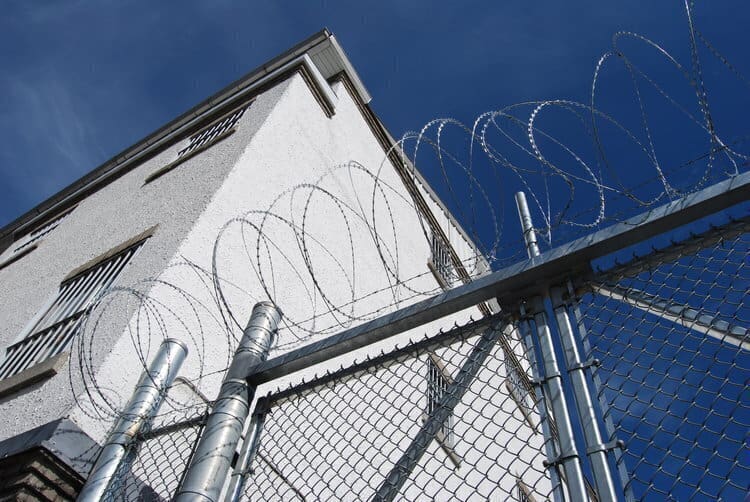
Explainer: Prisons and COVID-19
Australia and the world face a public health emergency in coronavirus (COVID-19), but little has been said about the people in our prisons and youth detention centres.
Read more
Explainer: Increased Police powers and COVID-19
In response to the COVID-19 public health emergency, most states across Australia declared a state of emergency and brought in new laws imposing severe restrictions on civil liberties and an increase in policing powers.
Read more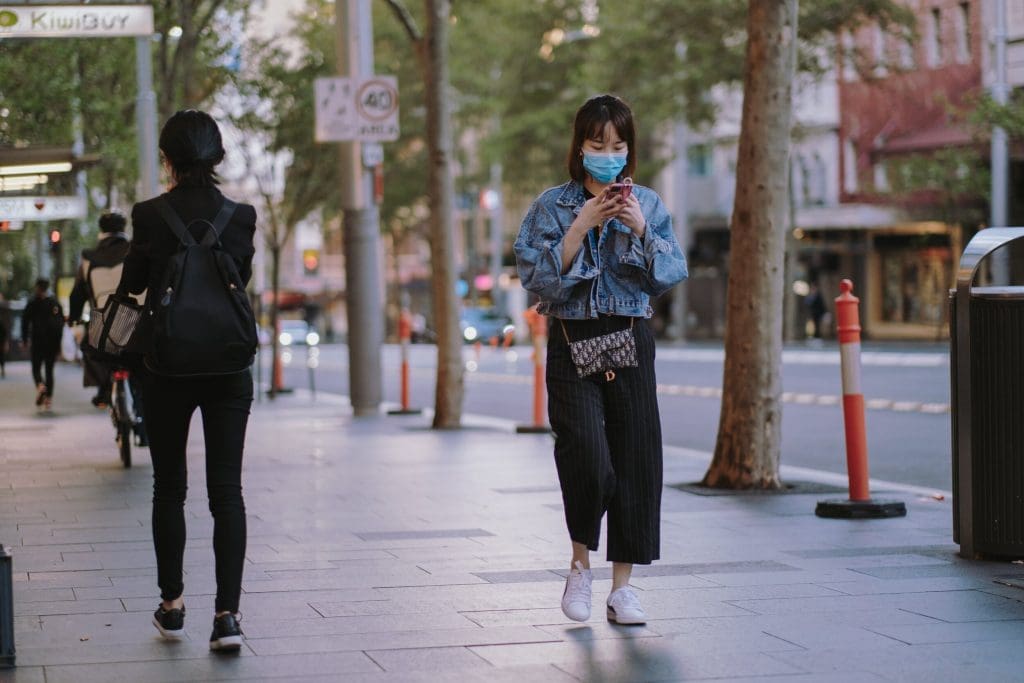
Explainer: Masks, COVID-19 and human rights
The Victorian Government is requiring people in Melbourne and the Mitchell Shire to wear a face covering or mask when leaving their home to help stop the spread of COVID-19. This explainer seeks to debunk claims that the requirement breaches people’s human rights.
Read more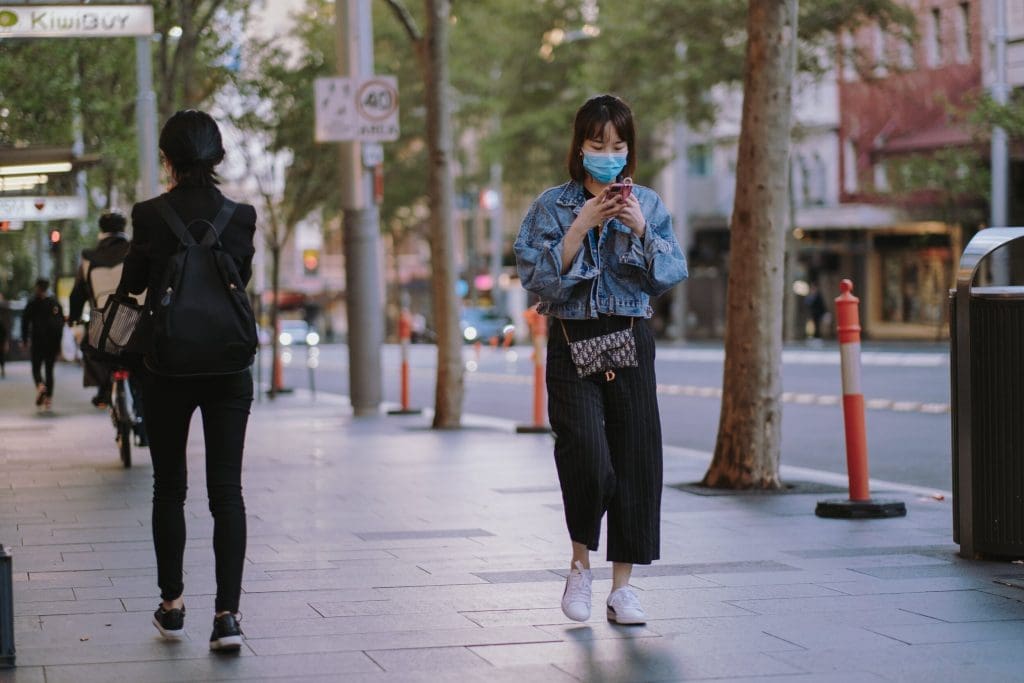
Explainer: Masks, COVID-19 and human rights
In July 2020, people in Melbourne and the Mitchell Shire were required to wear a face covering or mask when leaving their home to help stop the spread of COVID-19. This explainer seeks to debunk claims that the requirement breached people’s human rights.
Read more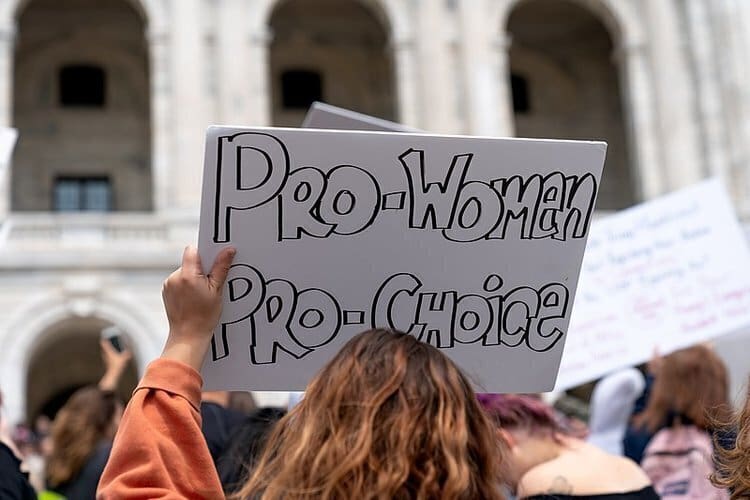
Explainer: SA’s Health Access Zones should not exempt ‘silent prayer’
Silent prayer outside abortion clinics can be particularly harmful to women trying to access healthcare. The objects of the Health Care (Safe Access) Amendment Bill 2020 (SA) (‘the Bill’) would be completely undermined by an amendment that authorises silent prayer within a health access zone, by allowing anti-abortion activists to invade the privacy and threaten the wellbeing of patients seeking abortion care.
Read more
Explainer: Police powers and COVID-19
While politicians say that police are committed to taking a "sensible approach", history has shown that too often marginalised groups are disproportionately punished through an expansion of policing powers. In particular, people living with a disability, women escaping family violence and those experiencing homelessness may be hardest hit. In addition, increased powers - and police discretion - open the way for racialised and discriminatory policing, too often experienced by Aboriginal and Torres Strait Islander people.
Read more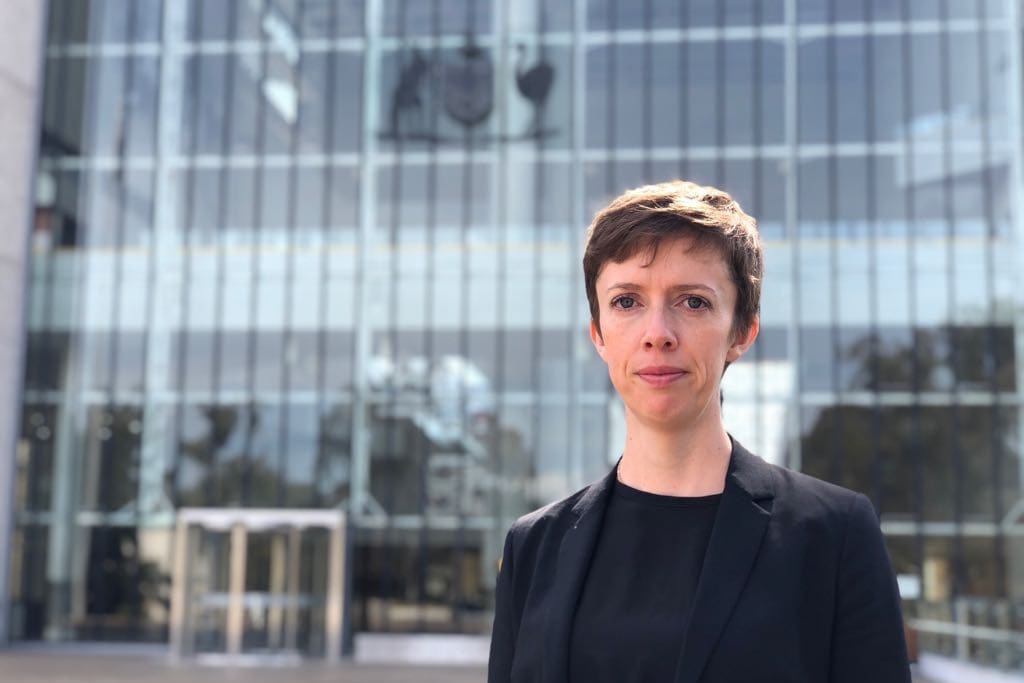
Clubb v Edwards: Defending Victoria’s safe access zones in the High Court
For over two years, safe access zone laws in Victoria have prevented harm to women seeking abortion care and staff providing those services. During this time, one woman, Ms Clubb, was charged and convicted with engaging in prohibited behaviour in a zone. The HRLC has been granted permission from the High Court to provide submissions as “a friend of the court”.
Read more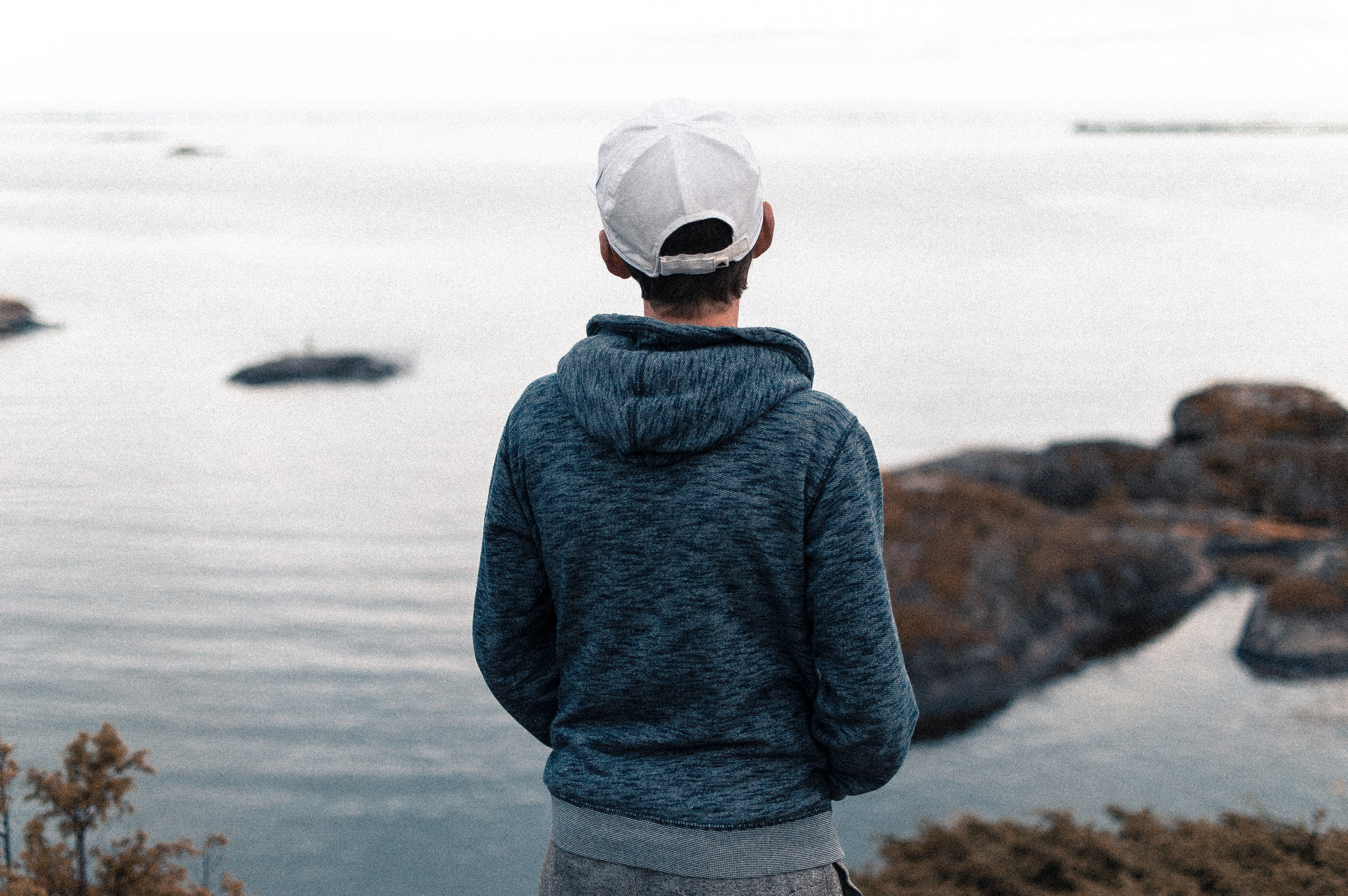
Explainer: Raising the age
Across Australia the age of criminal responsibility is set at 10 years. The age of criminal responsibility is the age a child is considered capable of understanding they have done something wrong and can be dealt with in the criminal justice system. All Australian Governments should raise the age of criminal responsibility because it is the right thing to do, because it is evidence-based, and because the recommendations of the NT Royal Commission present a rare opportunity to embrace this change.
Read more
Explainer: Solitary confinement of children in prison
Australian Governments must prohibit the solitary confinement of children in detention and closely regulate practices that can result in the forced isolation or segregation of a child. So what is solitary confinement?
Read more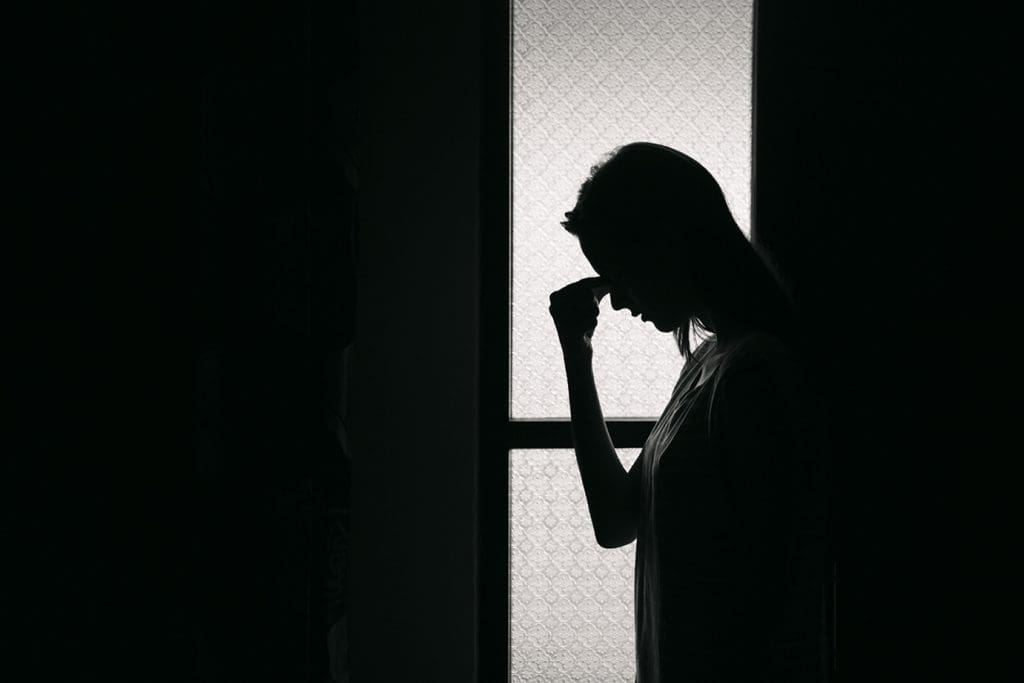
Explainer: Solitary confinement
Australian Governments must prohibit the solitary confinement of children in detention and closely regulate practices that can result in the forced isolation or segregation of a child. So what is solitary confinement?
Read more
Regulating Surrogacy in Australia
Surrogacy is an intricate and sensitive subject, which raises a number of ethical and legal concerns in Australia.
Read more



